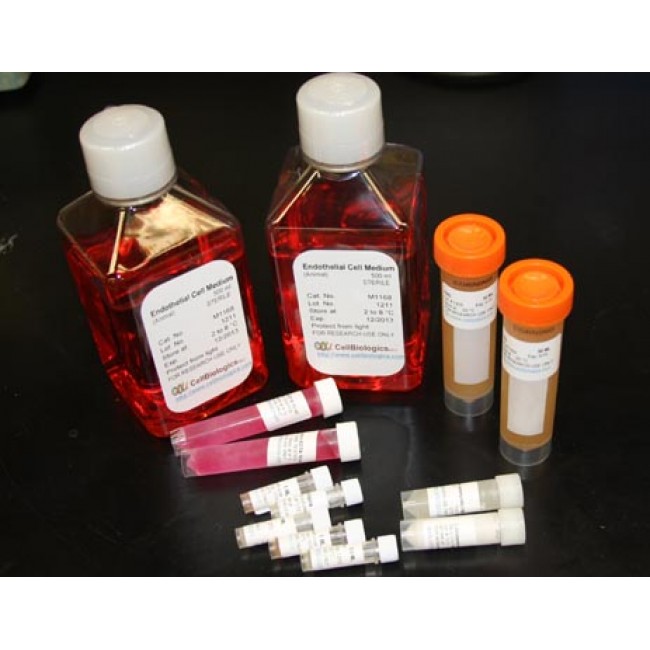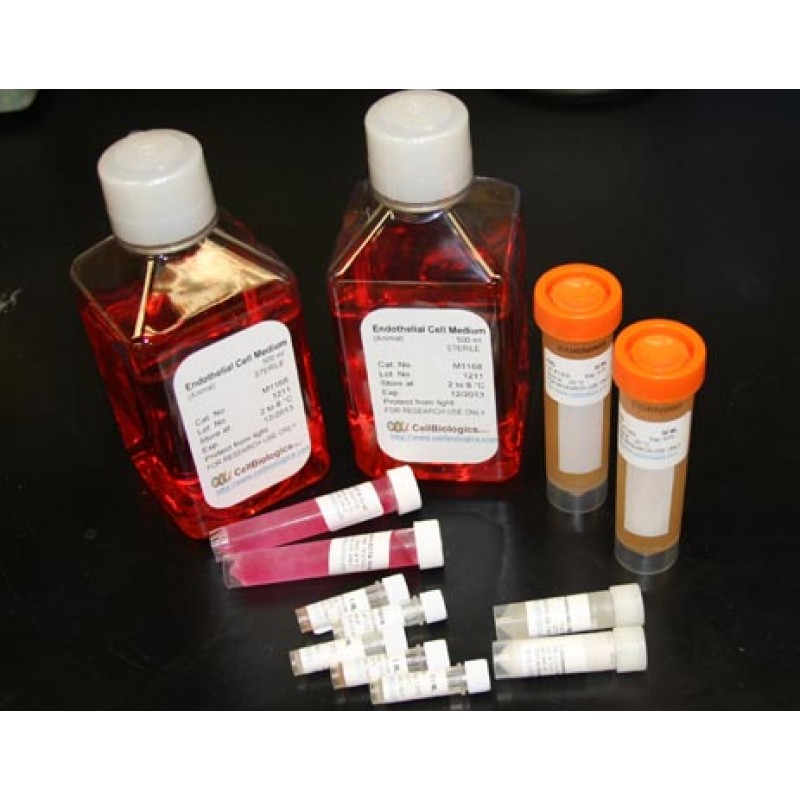The physiological activity for which growth hormone is best known is the promotion of growth of bone, cartilage, and soft tissues. Detectable levels of growth hormone are found throughout the remainder of adulthood, suggesting other functions in addition to promotion of growth. Growth hormone may be important for the maintenance of lean body mass; most growth-promoting effects of growth hormone are mediated by IGF-1 the synthesis of which is regulated by growth hormone. The biological activities of growth hormone are mediated by receptors belonging to one of the Cytokine receptor families. Growth hormone has been shown to be produced by T cells, B cells, and macrophages. In human lymphocytes growth hormone appears to up-regulate its own expression. Growth hormone appears to act as an enhancer of immune responses and is produced in considerable amounts by T helper cells.


